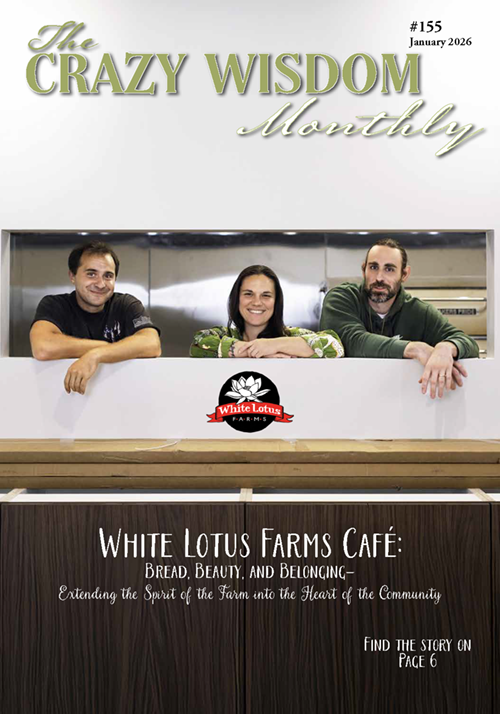by Sibel Ozer
When a major earthquake hit the city of Adapazari, not far from Istanbul where I lived at the time, my colleagues and I were invited to receive training offered by volunteer international groups so that we could help the hundreds of survivors that were traumatized. The first training I received came from a group of Israeli trauma specialists who were experts in psycho-education, group debriefing, EMDR, and art therapy.
It might have been the very first day, though the details elude me now, that we received a guided meditation from one of the facilitators. As I describe the instructions that go with it, I’d like you to join this exercise of the imagination, noticing the thoughts and emotions that arise in you.
Sit down comfortably, and take a few deep breaths. Notice as you inhale and then exhale. Let your breathing relax your body, and bring you into the present moment. Try to let go of the many thoughts that might be whirling around in your mind. Take a momentary break from thinking, bringing your attention to the beating of your heart. I want to take you on a journey in your mind’s eye, contemplating the significance of your birth name.
Maybe your name has a meaning or you might have been given it in memory of someone, either a family member or someone your parents liked. Think about that for a while, noticing the parts that you like. Take the time to remember what your parents have told you about the choosing of your name, hearing the tone of their voices in your head as they call your name. If you can’t remember something I am asking you, or there wasn’t a story you were told, don’t worry about it. Continue to stay curious to the inquiry. The mind will try to interfere with this exercise offering you judgments about its value. The mind will try to distract you; when you notice it doing what it does, just bring your attention back to wondering about your name.
Now take some time to think about the various nicknames you have been given in your lifetime, some related to your name, some related to your habits, or a specific incident. If you encounter ones that were hurtful or disparaging, allow yourself to pass them by without getting pulled into the negative feelings, to arrive at more loving memories. Try to remember not only the different nicknames, but the different ways people have used or pronounced your name, sometimes taking letters away, sometimes adding them on.
If you have traveled the world, or have had foreign friends, remember the mispronunciation of your name with humor. Remember how your name sounds coming from the mouth of your loved ones, different lovers you might have had over the years, your beloved partner, your children, or maybe even students. Try to embrace and appreciate the variety, the richness, the connection your name carries to your memories.
And finally think about the fact that no matter what you have lost or might yet come to lose, your name will be with you always, accompanying you through the new triumphs and challenges of life, through the new highs and lows that await you. Your name can never be taken away from you.
Now bring your attention back to the room, taking as long as you need to be present and aware of your surroundings. Needless to add that in the context of the earthquake and the many losses we had witnessed or experienced, being reminded of things that we could not lose was very helpful.
It’s been twenty years since we’ve moved to America and I still haven’t found the perfect way to introduce myself so that it won’t generate questions. I’ll usually offer two alternatives for people to choose from, using the original Turkish pronunciation, and then the more common one people are accustomed to either through the character of Cybil Shepherd from TV, or the story of Cybil with the multiple personalities from a book.
I would love people to use whatever comes easy to them or make up a new one if neither of them work, which continues to happen. I’ve had many cherished nicknames and ways my name is said by only a precious few. I am forever changed because of that guided imagery I was offered years ago, and welcome all variations to the “correct one”, because it enhances my related memories, adds to the richness that is already there, given I have had the privilege to reside in different countries. I’ve always thought it funny when Germans tell me I have a French accent, when French have told me I have a German one. I’ve even had Turks congratulate me on my command of the Turkish language, which really should be an insult given it is my mother tongue having been raised in Turkey. But thanks to a German mother, there’s just enough of a difference in my phenotype that people assume I must be a foreigner.
I wanted to share this to hopefully bring some lightness to our struggles with what is foreign to us, hard to pronounce, or even hard to understand. We can get too caught up in getting things right, worrying we will offend, or thinking we are not respectful if we don’t do the extra effort it takes to get it right. Consider that what come easy and natural to you, even though it veers from the original, might actually add to someone’s memory space, and enrich their lives. I know that this is not always the case, some people are really attached to you getting it right, but this is not always the case.
So I am reminded once again that there are always multiple realities around us, with regards to most things. It is always good to be aware of the assumptions we hold and to consider alternatives. The more certain we are about something, the better it is to question it.
































































































































































































